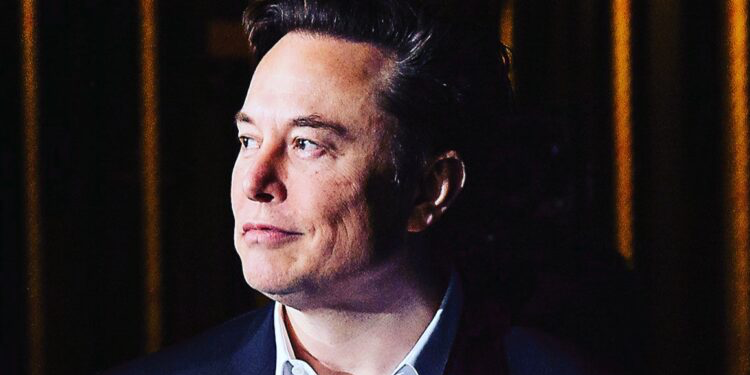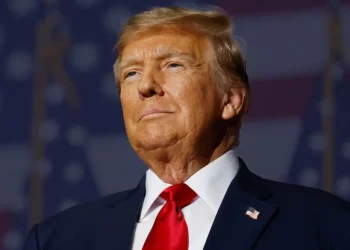In a fiery Truth Social post, U.S. President Donald Trump called for the Department of Government Efficiency (DOGE) to review billions in federal subsidies benefiting Elon Musk’s companies, including Tesla (TSLA.O) and SpaceX. The remarks have only escalated a weeks-long feud between the two billionaires over fiscal policy, with Trump claiming “BIG MONEY TO BE SAVED” by cutting Musk’s access to government funds.
Musk however, responded bluntly on X (formerly Twitter), writing: “I am literally saying CUT IT ALL. Now.” The Tesla CEO has become an outspoken critic of Trump’s $3 trillion tax-and-spending bill, which nonpartisan analysts warn could balloon the national debt. Last week, Musk vowed to unseat lawmakers who supported the legislation, calling it “utterly insane and destructive.”

The tension has already rattled markets—Tesla shares plunged 5% in Frankfurt trading Tuesday, echoing a $150 billion single-day loss on June 5 after Musk’s initial clash with Trump. While the stock has since rebounded, the volatility underscores investor unease over the feud’s impact on SpaceX’s $22 billion in federal contracts and Tesla’s subsidies.
From Allies to Adversaries: A Cost-Cutting Partnership Unravels
This rift is a stark reversal from their earlier collaboration mere months ago. Musk, who spent $300 million on Trump’s 2024 re-election bid, previously led the administration’s DOGE efficiency initiative, touting savings from reduced government waste. Now, he is accusing Trump of hypocrisy, lambasting lawmakers who “campaign on cutting spending but back this bill.”
“They should hang their heads in shame!” Musk posted Monday, threatening to oust them in 2026 midterm primaries. He doubled down on calls for a new political party, dubbing Washington’s establishment the “PORKY PIG PARTY.”
Political Fallout and Market Fears
Republicans fear the public feud could hurt their Congressional majority chances, particularly if Musk leverages his 79 million X followers to mobilize opposition. Meanwhile, Trump’s subsidy threat raises questions about the future of SpaceX’s Starlink satellites and Tesla’s EV tax credits (key revenue streams for Musk’s empire).
As the battle plays out online, analysts warn the uncertainty could spook tech investors and defense contractors reliant on government partnerships. With neither billionaire backing down, the clash may redefine the intersection of business, politics, and fiscal policy ahead of the next election cycle.

















